NAMED A MOST ANTICIPATED BOOK OF 2021 BY THE MILLIONS
A provocative, exhilaratingly new understanding of the United States’ most confounding metropolis—not just a great city, but a full-blown modern city-state
America is obsessed with Los Angeles. And America has been thinking about Los Angeles all wrong, for decades, on repeat. Los Angeles is not just the place where the American dream hits the Pacific. (It has its own dreams.) Not just the vanishing point of America’s western drive. (It has...
A series of excerpts from Rosecrans Baldwin’s Everything Now: Lessons from the City-State of Los Angeles, with photos of L.A. by Mike Slack.
“In the confined urban spaces of the city-state, the instruments of sovereignty could easily be turned either to favor certain groups and families or to devastate them” —Lauro Martines, Power and Imagination: City-States in Renaissance Italy. (p. 127)
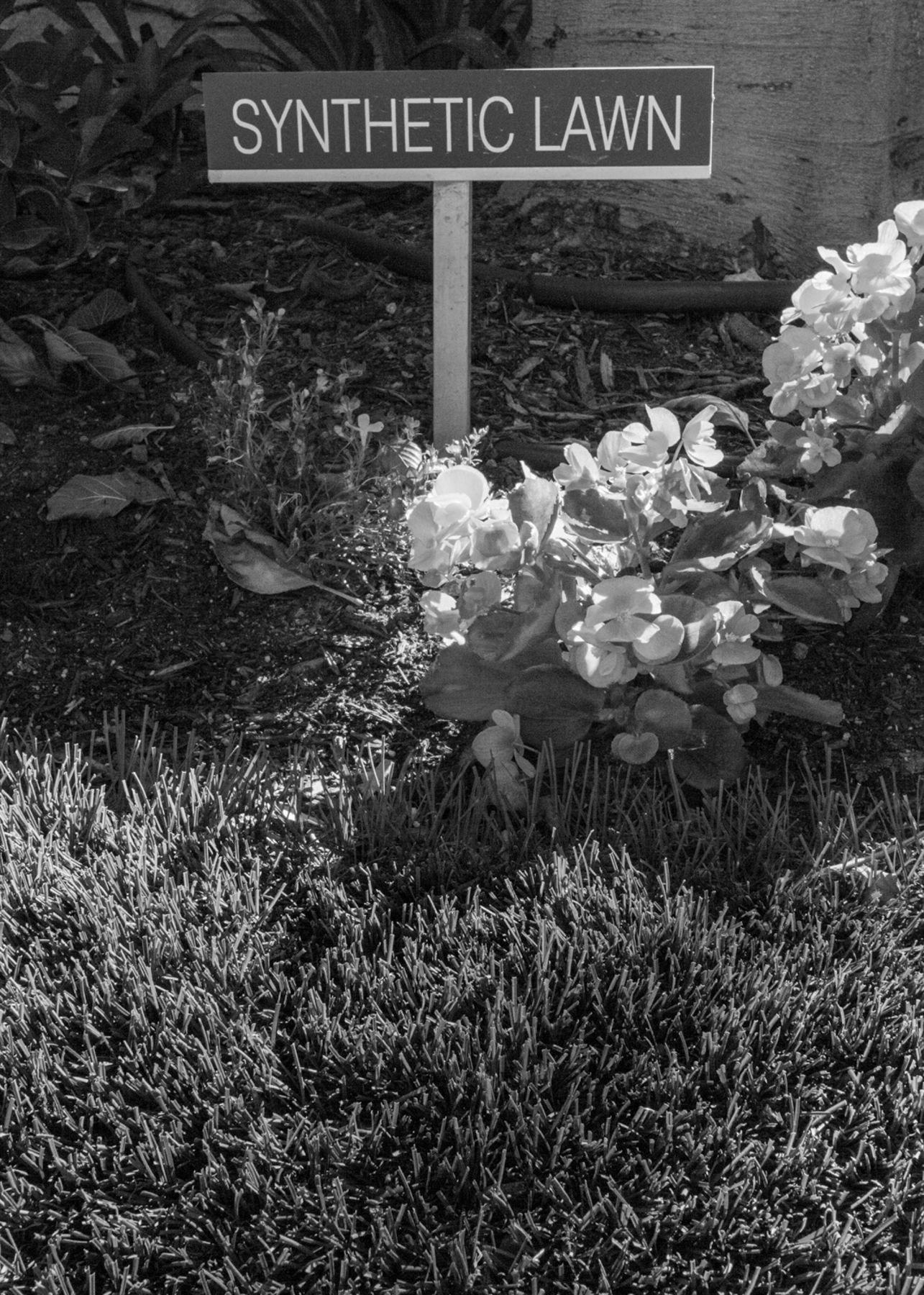
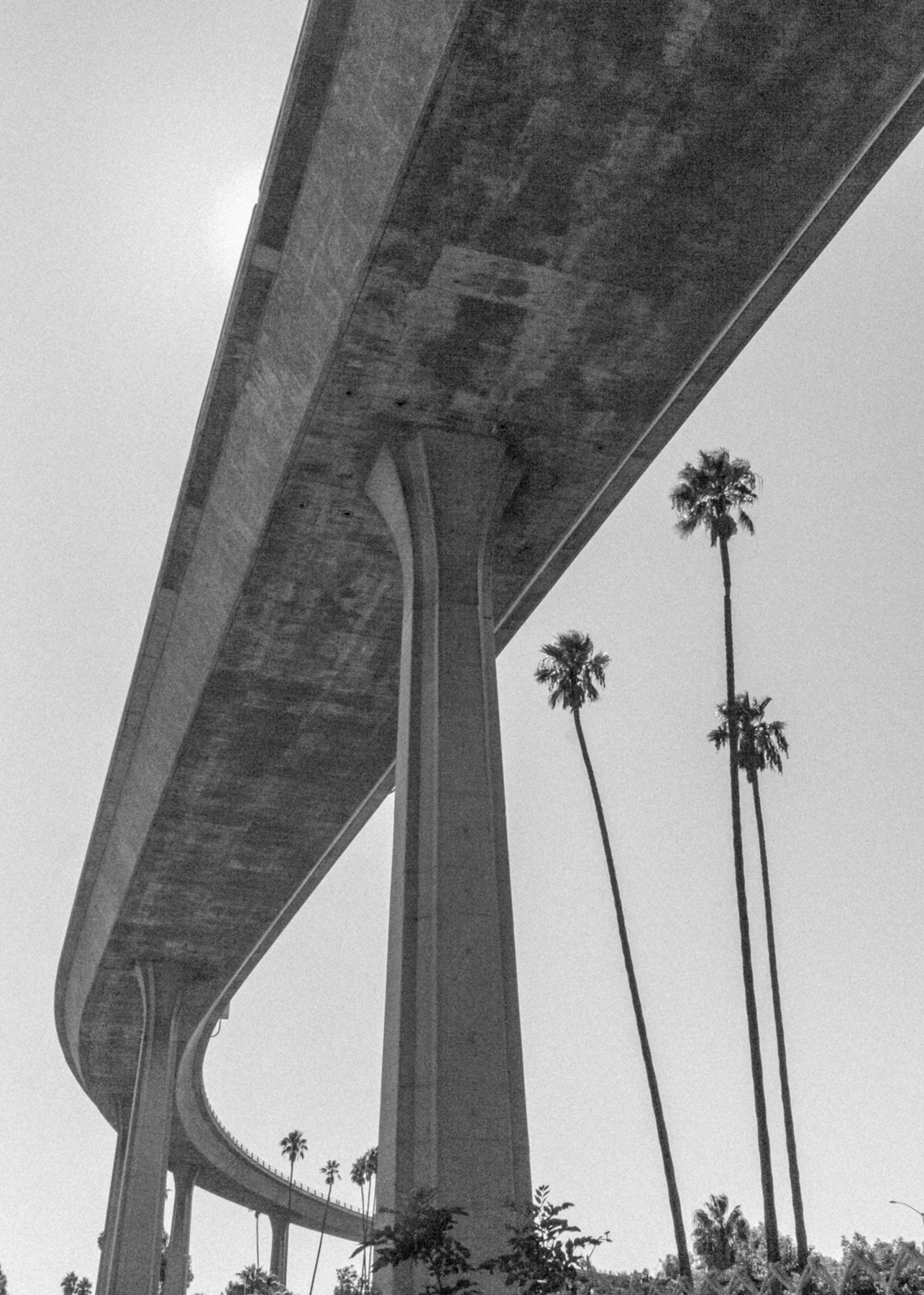
Networks upon networks, networks layered densely in a mesh to form larger networks of neighborhoods, lateral villages and little towns overlapping, streets woven through them like fiber strands, such that driving from one place to another around Greater Los Angeles ultimately felt like social media’s infinite scroll. Then on top of that were even more layers! Shimmering cobwebs of social connections, city services, layers as thin as the nets used by trapeze artists and comparably woven with holes—holes of regular yet different shapes, such that different-sized people might fall through one net but be saved by the next, though truthfully some people just kept falling. . . falling, falling, falling, unsaved, through hole after hole after hole—and that’s what living in Los Angeles felt like. (p. 65)
After the Mexican-American war, as the U.S. pursued its imperialist drive, Los Angeles became the boom town that kept on booming—cattle to citrus, oil to real estate, Hollywood to health cures… Rarely simply itself, Los Angeles often was summoned to express another: a Midwestern suburb; a Pacific Rim metropole; a heteropolis—suggesting a land full of love for difference and all things weird: sideways skyscrapers, pluralization, chicken shawarma burritos. For some it was simpler: “It’s Houston plus porn,” one journalist told me in a Spring Street bar. (p. 74)
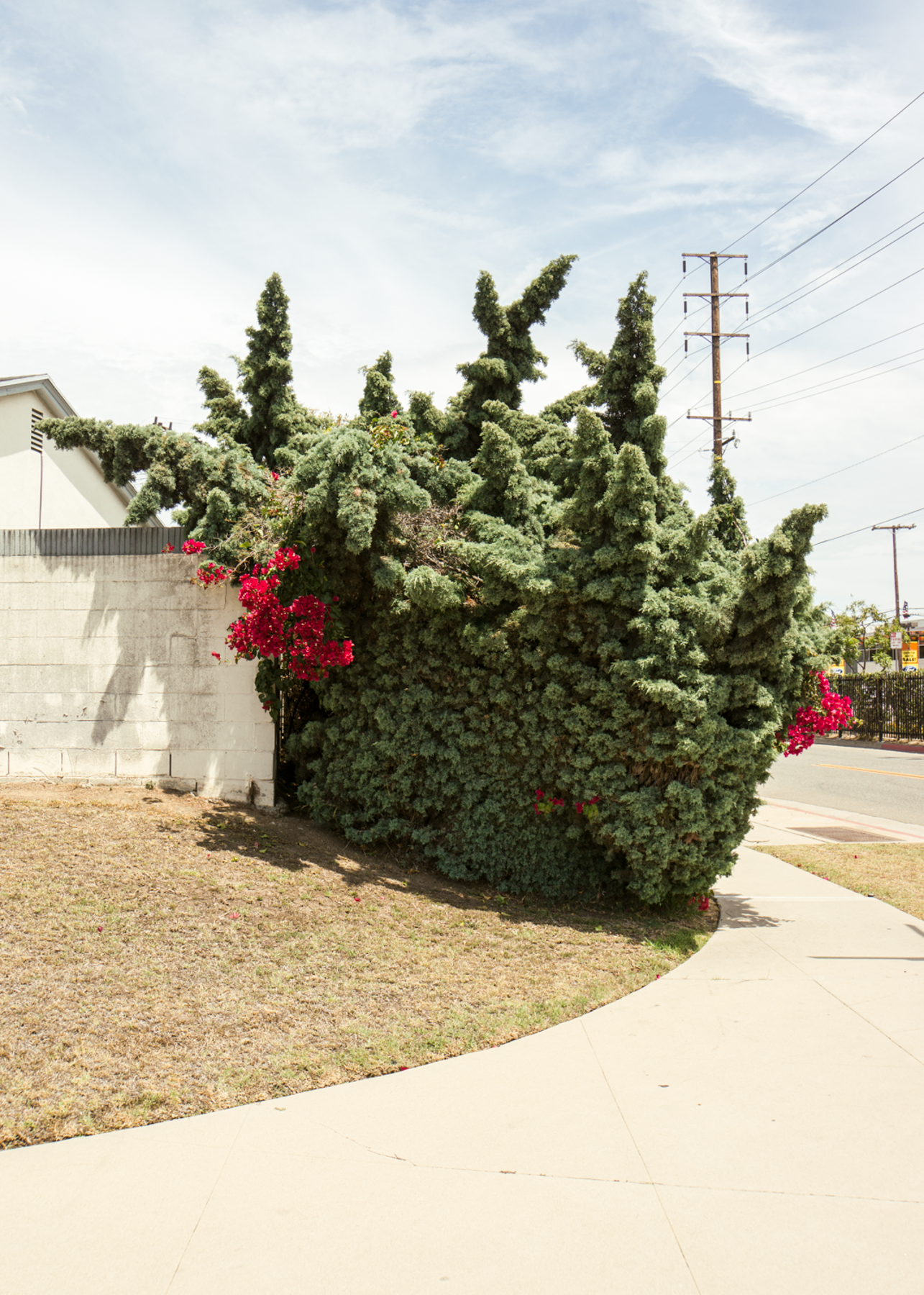
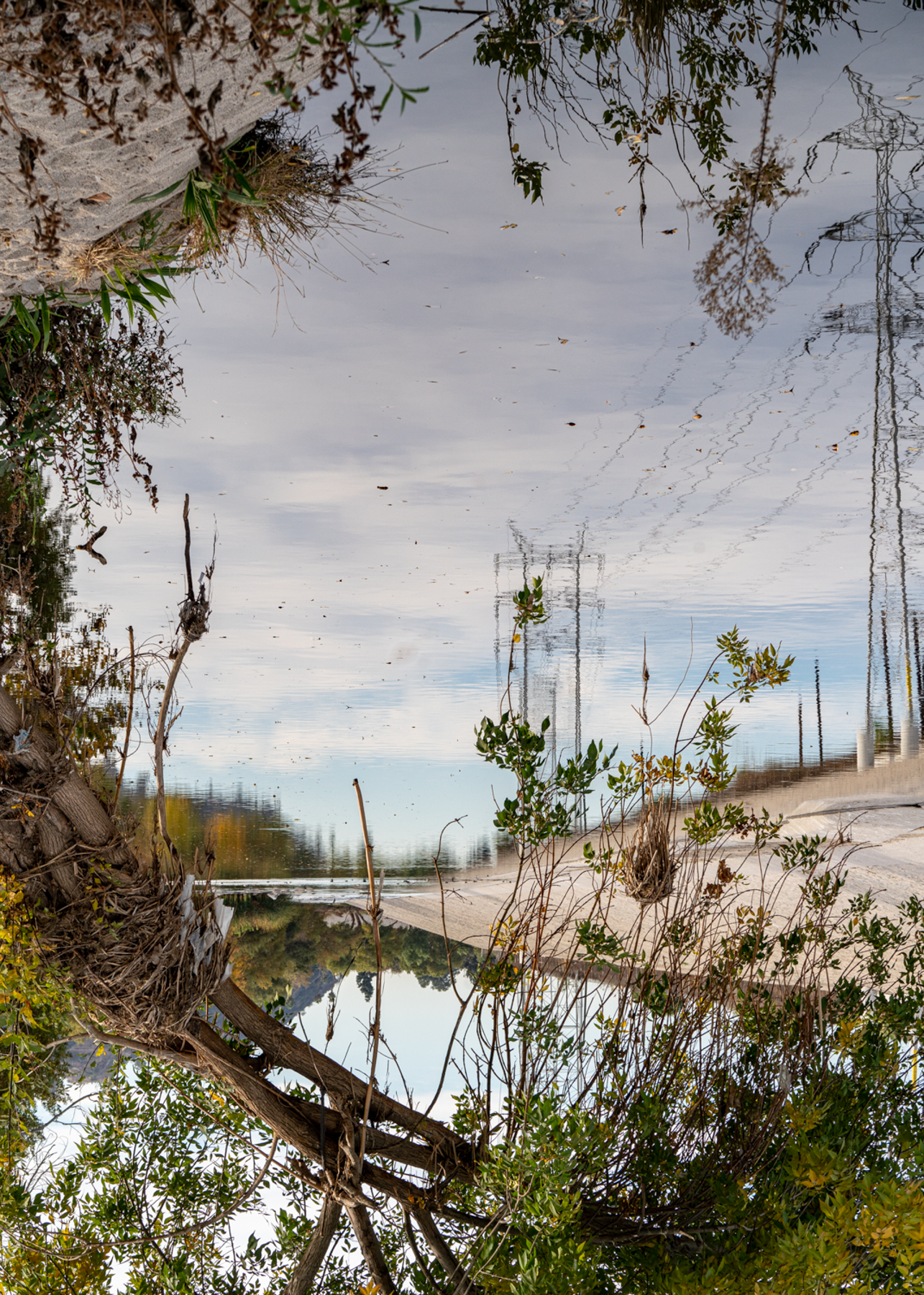
One morning, we pitched a film project to a successful producer. In his conference room were six people and a large modern coffee table. The table was bare except for a small mirrored coaster and three lines of cocaine. No one mentioned the cocaine. It felt like a trap to even acknowledge it. The next morning, Rachel figured out it was something else: “The Night You Left” was a set of coasters sold by Nir Hod as an art piece, with each coaster printed with what seemed like white powder. “There is a certain magic in loneliness,” Hod explained in a statement about the piece. “It’s not about drugs or glamour—it’s about the inside world, where you can dream and love and seek a greater truth—it’s about a feeling of being connected to something so human.” (p. 151)
During the same year I was emailing strangers about loneliness, a group of professional video game players called the FaZe Clan, living in a mansion above Hollywood, was profiled in the New York Times. As a group, they were worth millions of dollars, with millions of fans, but talked openly about struggling with isolation, depression, days spent indoors hidden away in bedrooms with the shades drawn. The article seemed to suggest they couldn’t have existed anywhere else but Los Angeles—and yet, in many ways, they didn’t exist in L.A. at all. “Eventually we will all live in the internet,” one said, “and I want to exist in that world.” (p. 36)
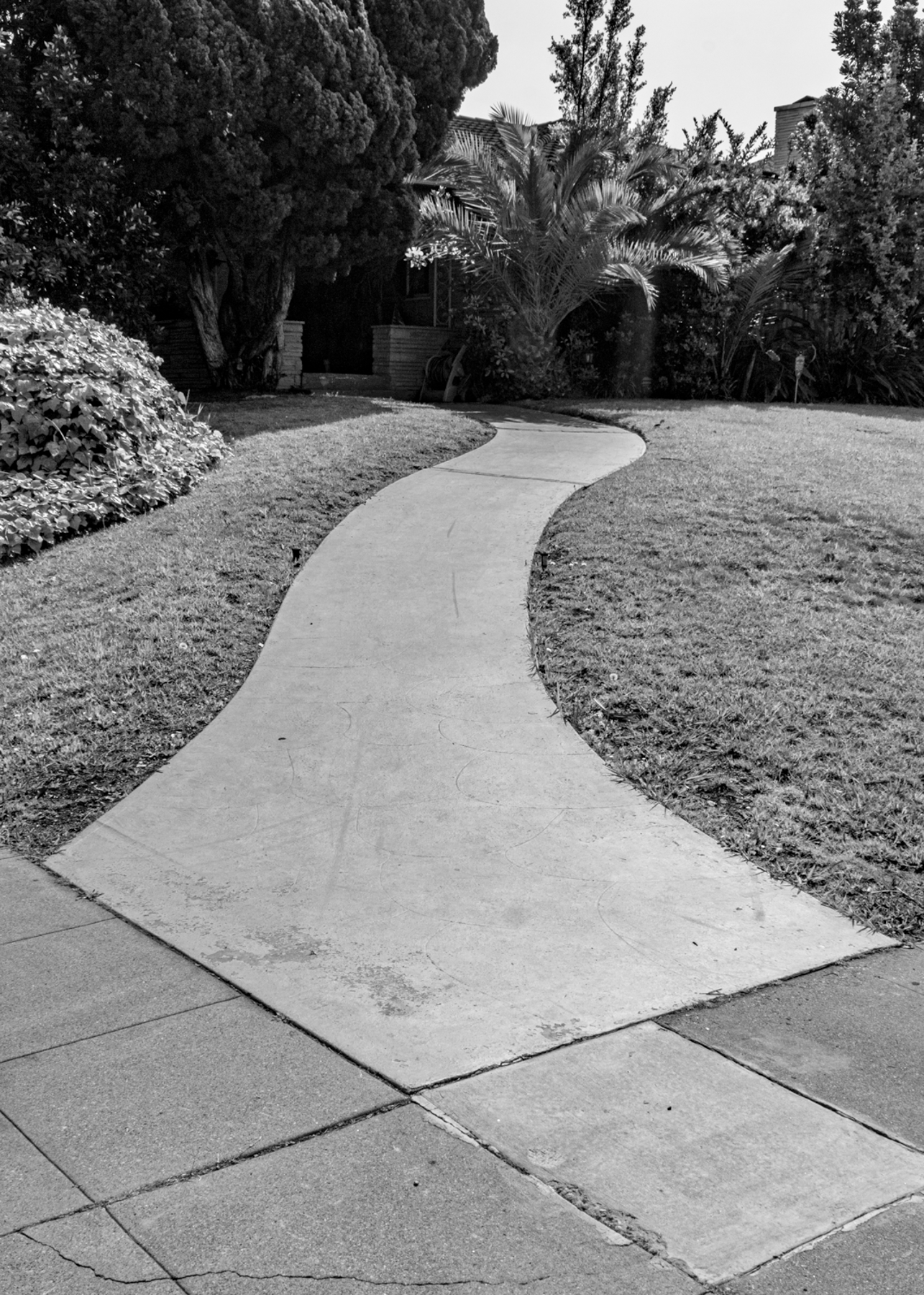
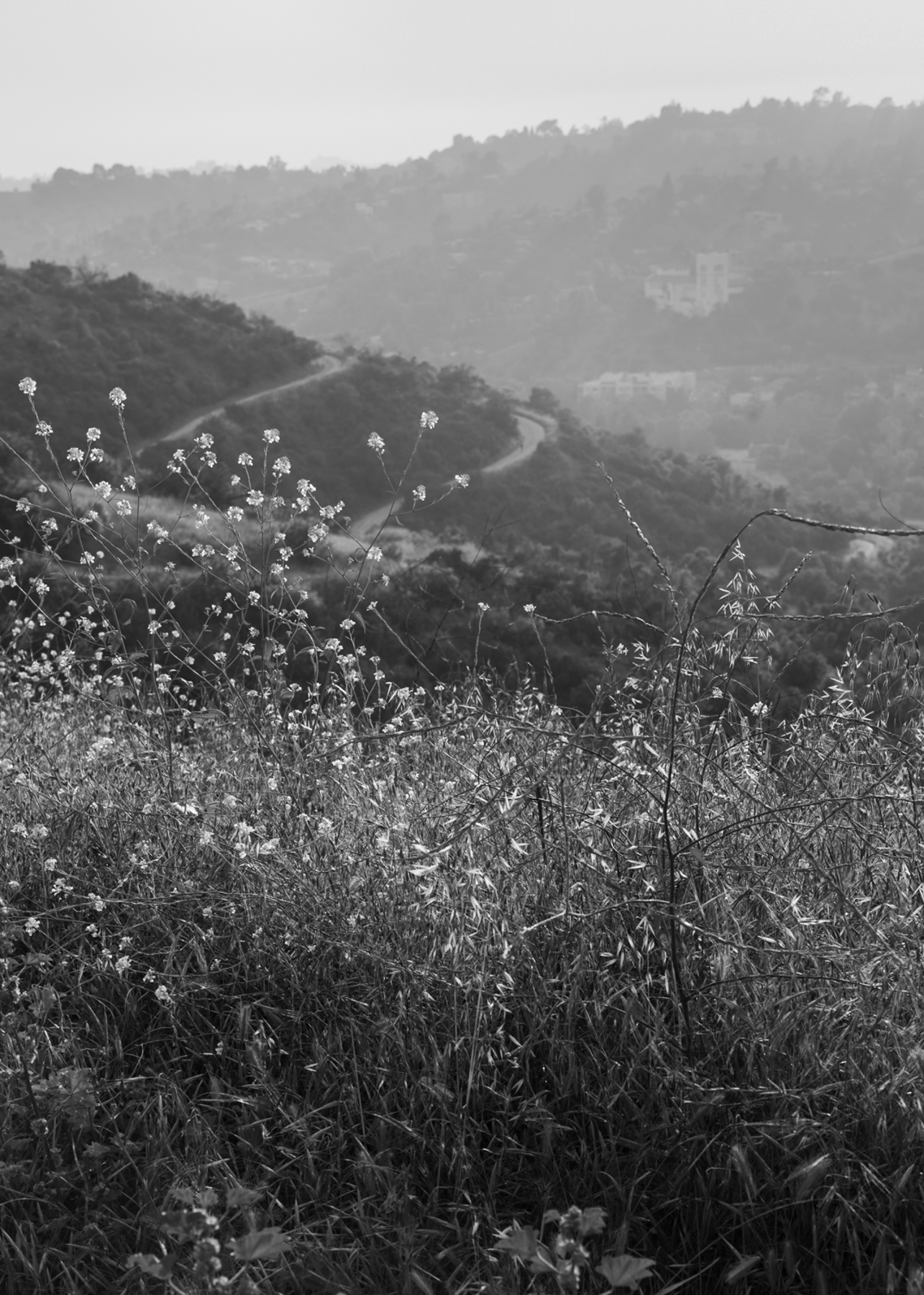
Carter’s death took place at a branch of Tam’s Burgers, a local fast-food chain, on Rosecrans Avenue. Knight had been in a fight with another man, allegedly tried to drive him over with his truck, and struck Carter instead. In the courthouse, the judge assigned Knight twenty-eight years. The woman near me, whom I took to be his sister, said quietly, “Oh no . . .” An hour later, the atmosphere at Tam’s was quiet. A man in a business suit ate a burrito. A work crew in reflective vests ate burgers and fries. Compton lay low under bright sunlight. Businesses were busy, lawns were kept. A young man with a towel over his shoulder pushed a baby carriage and nodded when I passed. The Pacific Ocean lapped endlessly some twelve miles west. (p. 248)
There’s two forms of energy you want in life as a gambler,” he said, at our fifth bar. “You want people to be indifferent whether you win or lose; and you want other gamblers to lose. But one thing you do not want people to do, or you’ll lose every time, is worry. If someone worries about you, you will never fucking win. Worry is a word that I wish was abolished. It does no good for me, it does no good for you.” His face darkened. “The minute someone’s like, ‘Dude, I’m worried about you,’ I fucking leave,” he said. (p. 158)
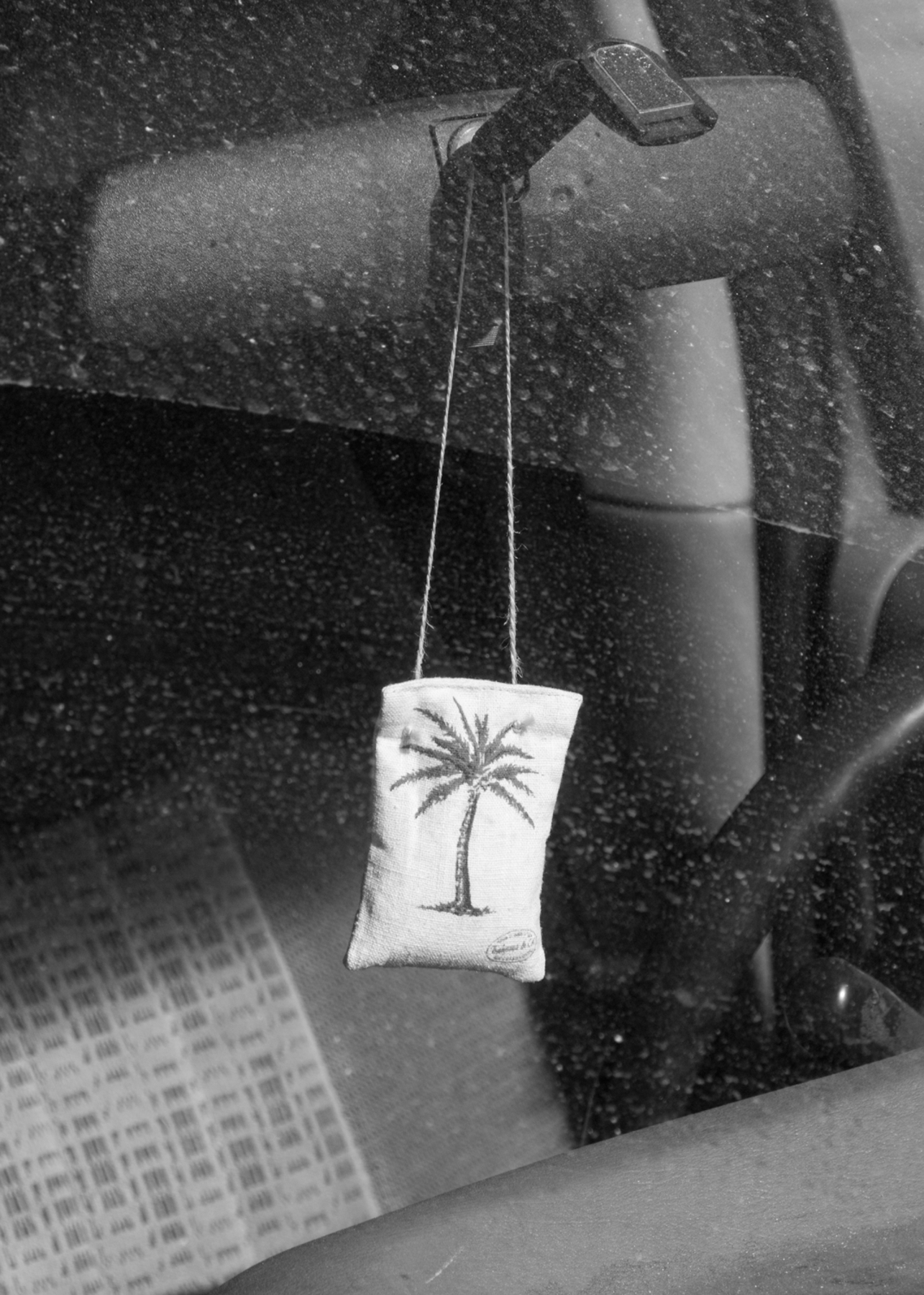
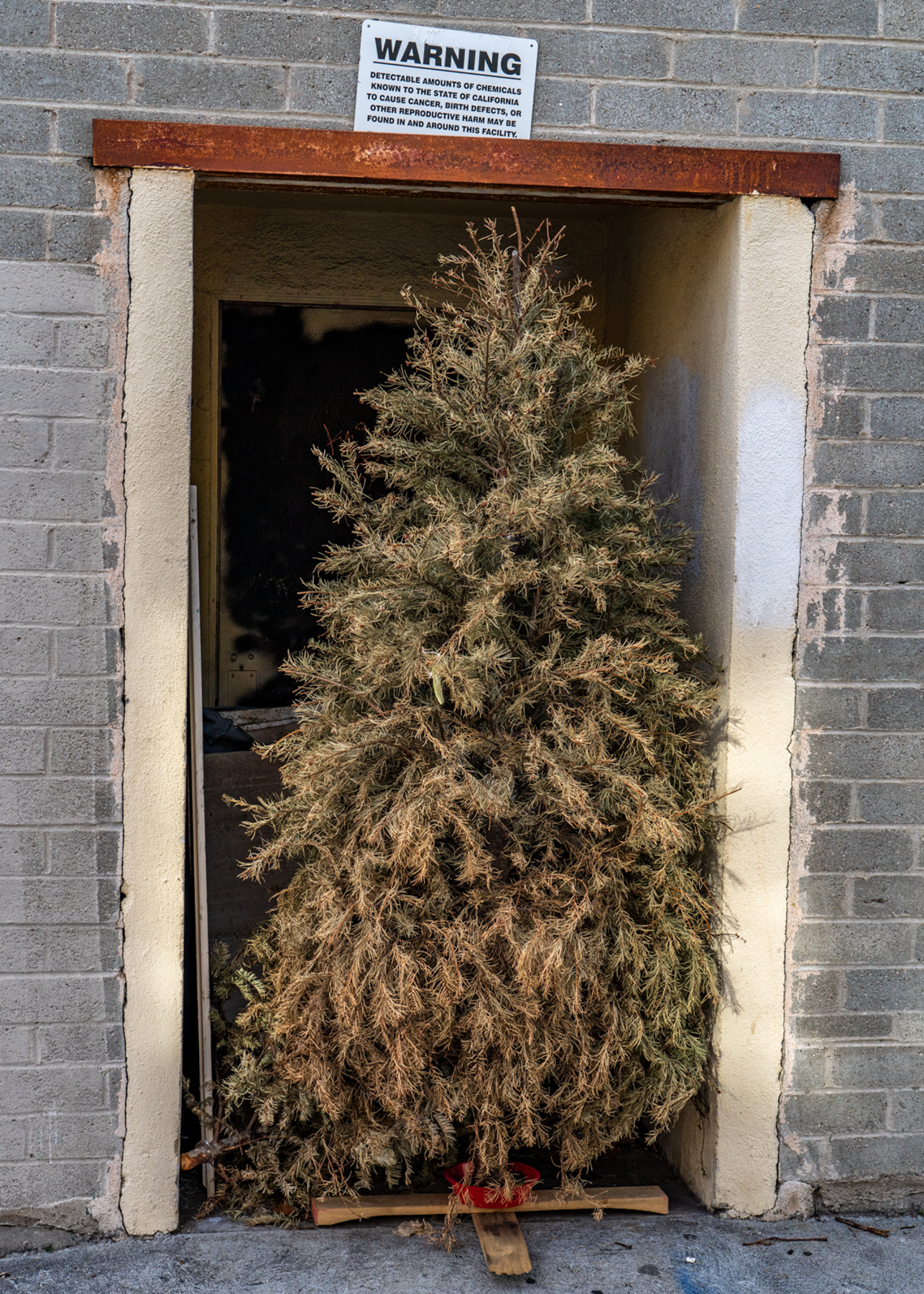
He took a breath—“and yeah, maybe the same can be said of other American cities, but here it’s cut with the idea ‘I can go to Los Angeles and become a star,’ where a man or a woman can show up and go look at the big houses in the Palisades, the big Victorians in Echo Park, and said man or woman can realistically think ‘I’m going to make it,’ but imagine you start out or arrive here thinking ‘I’m going to make it’ and then thirty years later you don’t.” (p. 110)
“And I saw what looked like a sea of glass glowing with fire and, standing beside the sea, those who had been victorious over the beast and its image and over the number of its name” (Revelation 15:2). (p.173)
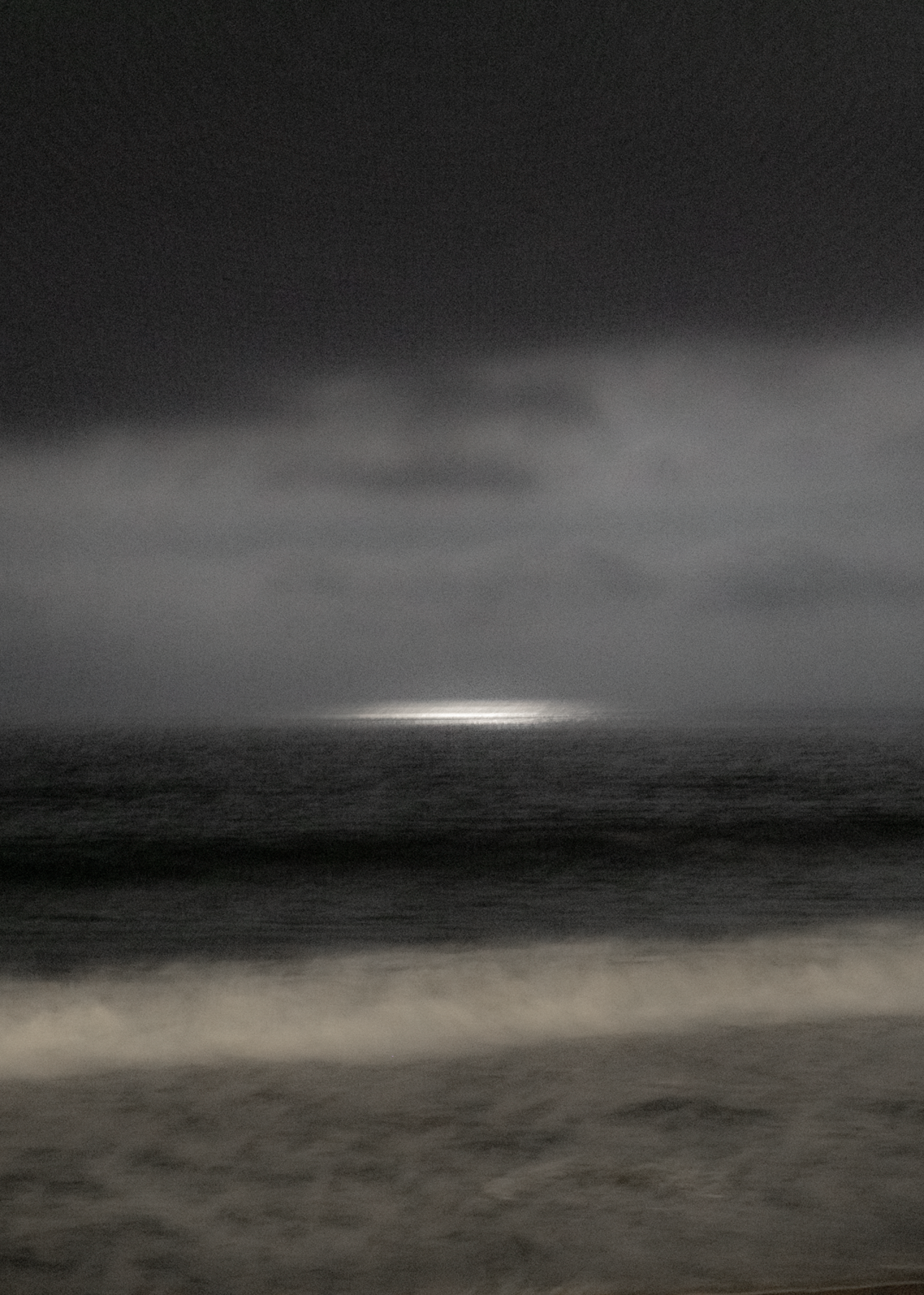
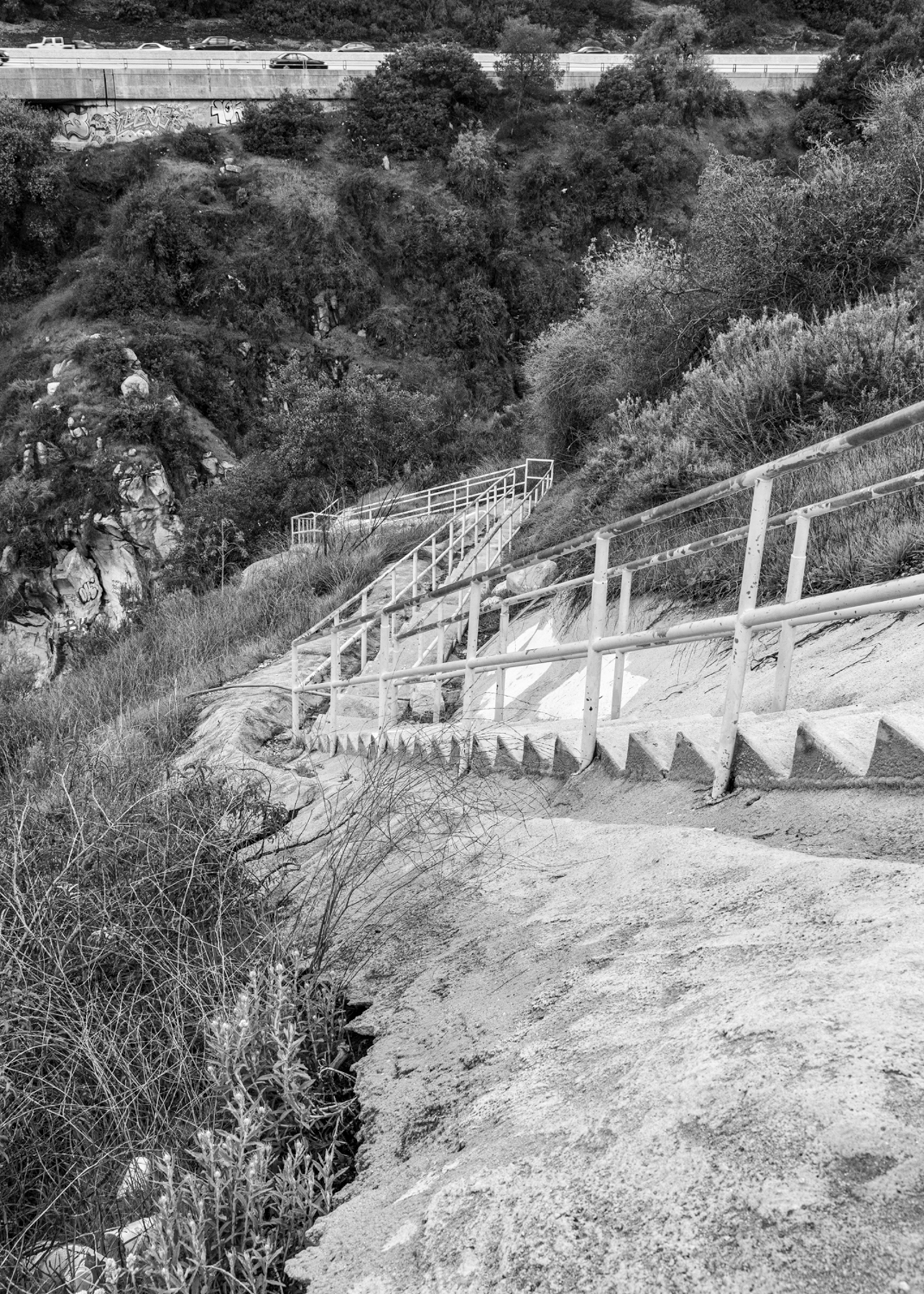
“The training will have you question your beliefs,” she said. “It’s going to be uncomfortable. Can I count on you to participate?”
“Can you be more specific?”
“Can I count on you to participate?”
“But in what?”
She sighed with frustration. “You get to have catharsis.”
“Catharsis?”
“I don’t want to give you everything before you experience it.” (p. 17)
I couldn’t shake the feeling that California City, through allegory, through necromancy, suggested its own metaphor of what Los Angeles might become if it failed: not the ceaseless night of Blade Runner, but the brown noise of the desert, an echo of an interval briefly realized before cleansings by drought and time. (p. 249)
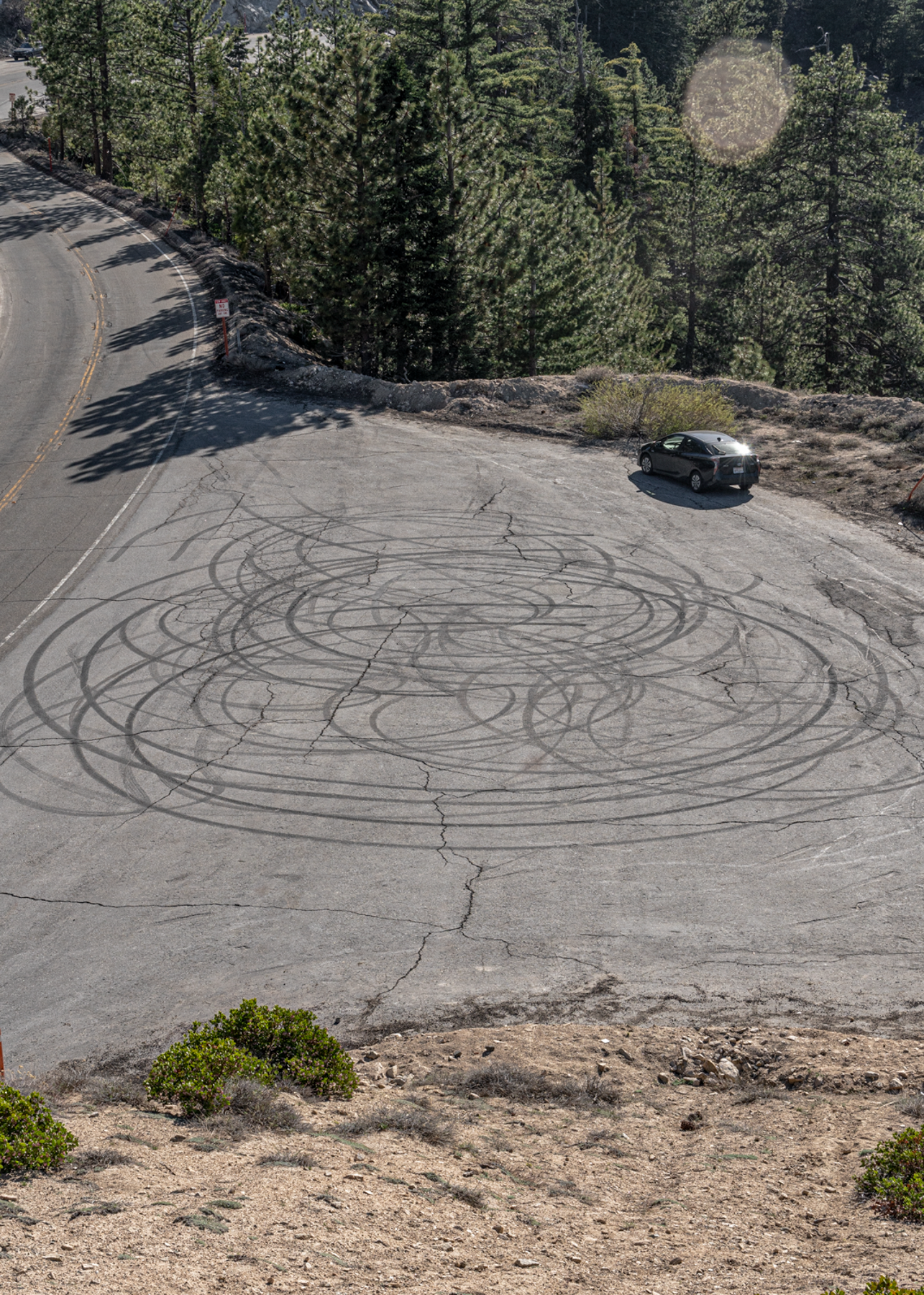
Rosecrans Baldwin is the author of You Lost Me There and Paris, I Love You but You’re Bringing Me Down. He lives in Los Angeles.
Mike Slack lives and works in Los Angeles, and is a co-founder of The Ice Plant (theiceplant.cc). The author of several photobooks including The Transverse Path, Shrubs of Death, and Walking in Place 1 & 2, his work has appeared in Harper’s, the New York Times, and the Los Angeles Times. His current project is The Mutation, a new body of work about forces of life, death and plague in northern Italy, loosely inspired by Alessandro Manzoni’s novel I Promessi Sposi. His photographs are in the permanent collection of the Los Angeles County Museum of Art.

